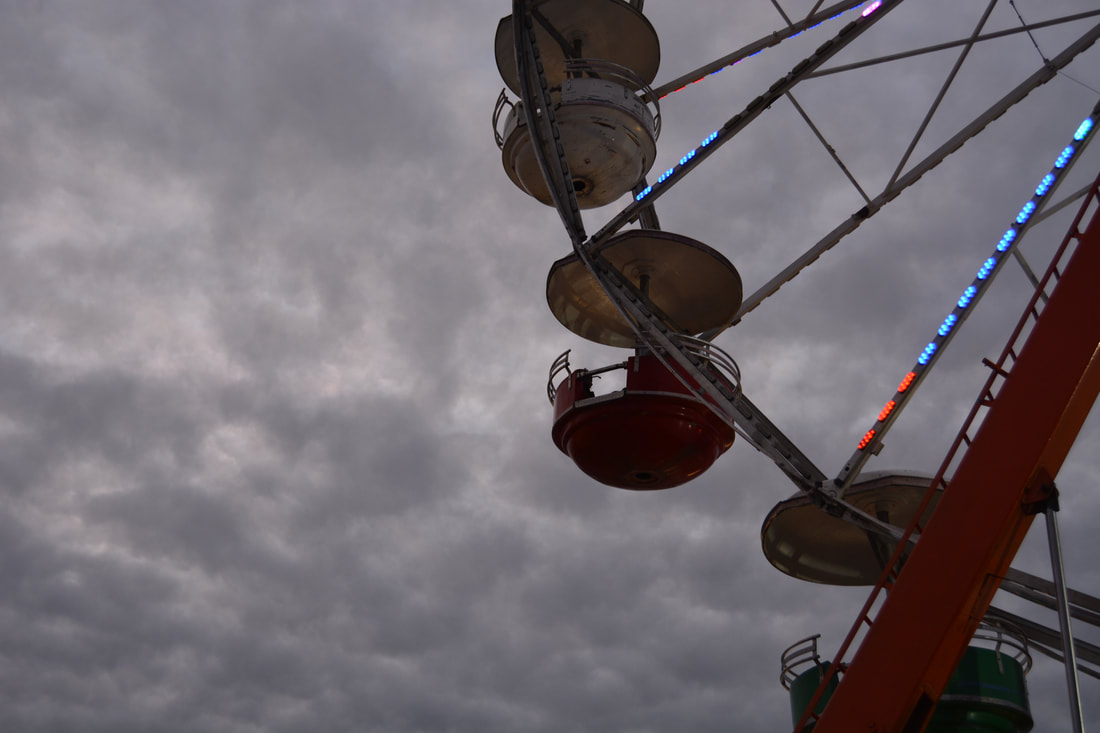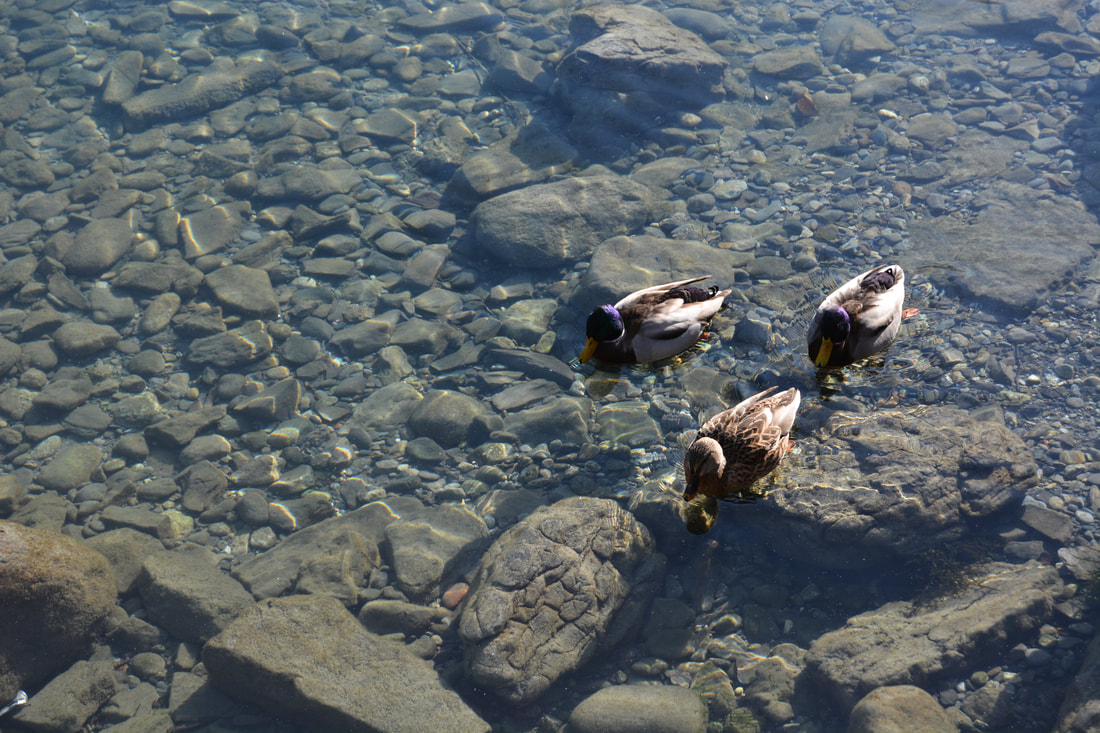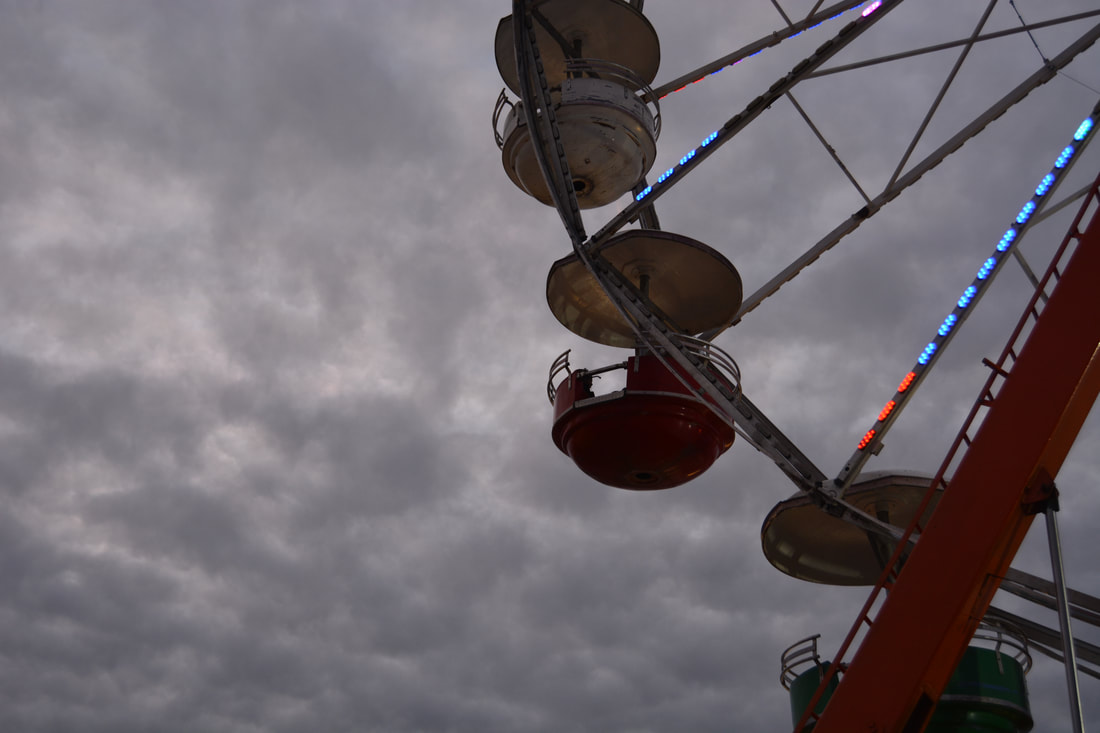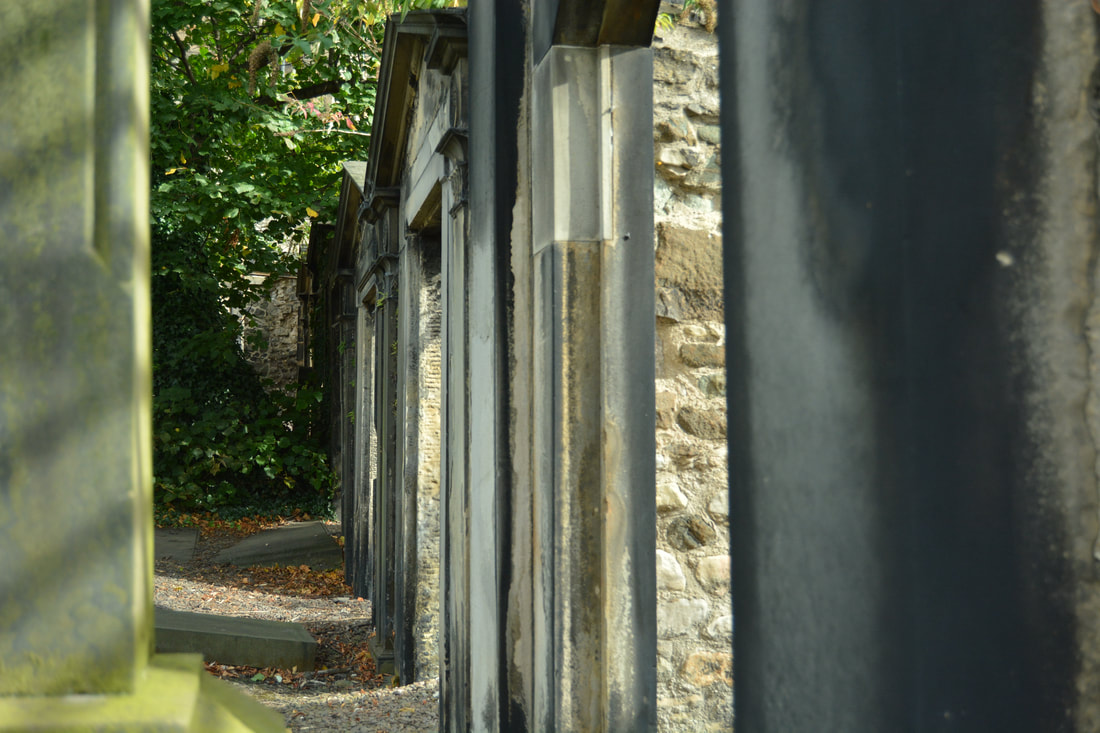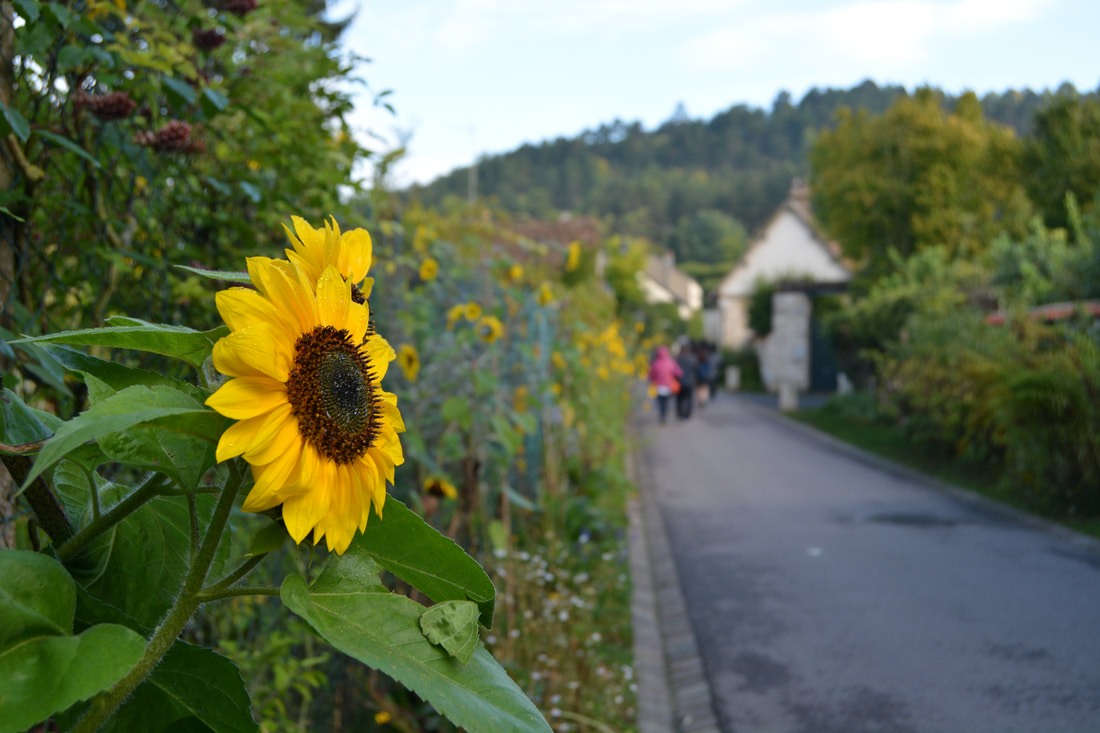The Difference between Curing and Healing
Bruce Epperly
|
The realities of modern medicine challenge physicians and patients alike to
differentiate between curing and healing. Modern medicine – both East and West - can work wonders, but it cannot ultimately defeat death. The mortality rate will remain at 100% even with most sophisticated diagnostic, pharmaceutical, and surgical interventions. Curing typically relates to physical well-being. When a person is pronounced “cured” whether of the common cold or cancer, there is no longer any evidence of the disease or the likelihood that this particular ailment will recur. The goal of medicine is initially to cure patients of diseases, whether through medication, chemotherapy, radiation, or surgery. Modern medicine has extended our life expectancy and cured diseases that were once described as incurable, for example, certain kinds of heart disease and cancer as well as AIDS. Three years ago, my son was diagnosed with a rare form of testicular cancer. Thirty years ago, testicular cancer was considered incurable. But, five months ago (August 2010), my son and his wife had their first child; my first grandson! We are grateful for his treatment that included chemotherapy and C-T scans, but also meditation, acupuncture, and reiki healing touch. Not all diseases can be cured. Moreover, eventually all of us must face our own mortality. As one of my mentors once said, “Life is risky business. No one ever gets out alive!” Sometimes the best medicine can do is palliation, the reduction of pain. Accordingly, we need something more than a cure. We hope that when there can’t be a cure, there can still be a healing. Healing relates to the spiritual lives of persons. By “spiritual,” I do not necessarily mean belief in a higher being, although I personally believe in God and anticipate the possibility of further adventures and personal evolution beyond the grave. To me, spirituality also embraces our quest for personal and communal wholeness. It means our sense of connection with one another; our belief that our lives our meaningful and matter to others; and that we can experience peace regardless of life’s circumstances. Healing involves finding a larger perspective, in which death and chronic illness are realities with which we can come to terms as part of our larger life story. Healing relates, on the one hand, to our ability to live creatively with chronic pain and disability. Some physical conditions, along with the aging process itself, cannot be cured. We simply must find creative ways to live with them. The healing process is grounded in our ability to choose our response to the events of our lives. As Viktor Frankl asserts from the vantage point of the Nazi concentration camps, “everything can be taken away from a man but one thing: the last of human freedoms – to choose one’s attitude in any given set of circumstances, to choose one’s own way.” Though our freedom is always limited by our health condition, environment, and medical resources, each moment we can choose in small ways to enhance our well-being and respond creatively to realities we can’t fully control. Healing is a spiritual issue. It involves claiming our freedom to be agents rather than victims. It involves affirming that we are more than our health condition – we may have inoperable cancer, but we also can love our families, ask for forgiveness, try to new things, and learn that our lives are part of a larger reality than our personal mortality. We may still experience great pain and physical diminishment, but we can still experience love, community, wholeness, and creativity. Healing also involves community support. Disease often isolates persons. As Simone de Beauvoir says about her mother’s dying process, the world had shrunk to the size of her hospital room. There may not always be a cure, but there can be a healing: a sense of peace, of trust that our lives matter, and the experience of the loving touch of friends and companions. |
